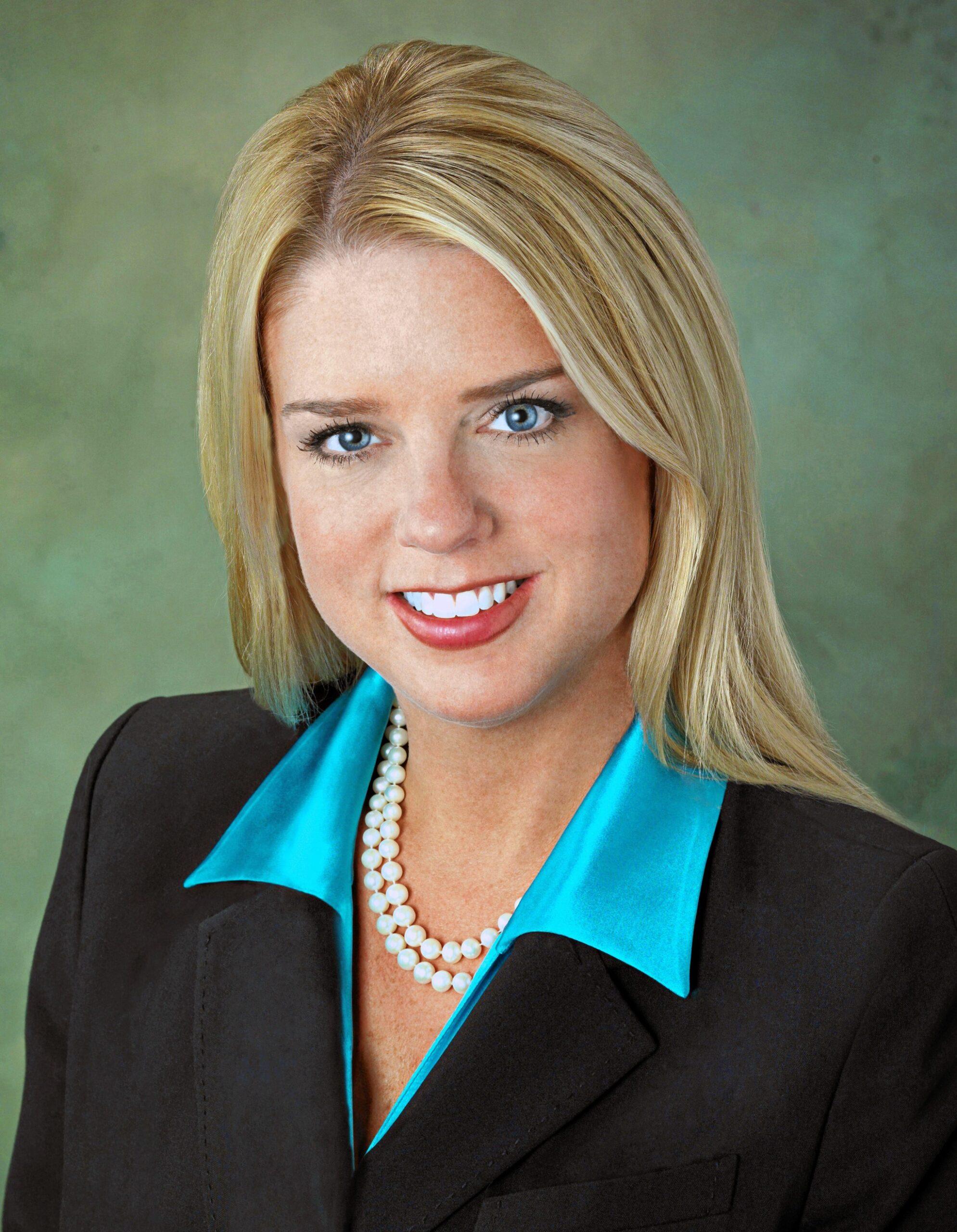Florida’s Attorney General fought to lock this lawyer up for representing his client
Pam Bondi spent four years pursuing racketeering charges against the former president of the Jacksonville Bar Association.

A Jacksonville man previously accused by Florida Attorney General Pam Bondi of being the mastermind behind a $300 million racketeering and money laundering scheme has his law license back and all criminal charges dismissed after a four year battle with prosecutors. Bondi’s office announced it would dismiss all charges against former Jacksonville Bar Association president Kelly Mathis after the Fifth District Court of Appeal in Daytona Beach threw out Mathis’ convictions and the Florida Supreme Court declined to overturn that decision.
Mathis was arrested in 2013 and accused of being at the center an illegal gambling operation that took place at internet cafes. The Office of Statewide Prosecution, which is under Bondi, prosecuted the case.
As the lawyer for the internet cafes, Mathis argued that his clients were offering “sweepstakes,” which is allowed under Florida law, and not gambling, which is illegal. Prosecutors claimed that Mathis knew what was occurring was illegal, and his arguments to the contrary were just part of the criminal conspiracy he was involved in.
Police arrested 57 people in the case. Mathis was the only one to go on trial. The others had their cases dismissed or pleaded guilty in plea deals that involved no prison time.
At trial, Mathis sought to introduce evidence showing that before advising his client, Allied Veterans, that the internet cafes were legal, he had conducted extensive research and held meetings with government officials about the issue. Such evidence would have purportedly shown that he lacked the requisite mens rea — knowledge or intent — that his conduct was unlawful. He also tried to introduce evidence that various localities in question had ordinances that specifically permitted the operation of internet cafes.
State prosecutors filed multiple motions in a successful effort to prevent Mathis from presenting this evidence.
Mathis was subsequently convicted of one count of racketeering, 51 counts of conducting an illegal lottery and 51 counts of possessing an illegal slot machine. Circuit Judge Kenneth Lester sentenced Mathis to six years in prison but allowed him to remain out on bail while his conviction and sentence were appealed.
Mathis received the support of many lawyers who worried that Bondi’s office’s prosecution of Mathis’ conduct constituted a legal threat to any attorney who sought to provide good faith legal advice to a client.
As the National Association of Criminal Defense Lawyers (NACDL) wrote in its amicus brief filed in support of Mathis: “The respondent, an attorney, after having been approached by a client with a particular legal concern researched the question presented, consulted with colleagues — including law enforcement officers and public officials — and ultimately rendered advice to his client … He performed his duty as an attorney as countless others do on a daily basis in accordance with the tenets of the profession and was compensated. Where Mr. Mathis’s case deviates from this norm was in his subsequent prosecution for violating the RICO statute, as well as gambling offenses, based on the advice he provided to his client.”
“It seemed to most attorneys pretty outlandish that he could be criminally prosecuted,” said Tad Delegal, the current president of the Jacksonville Bar Association in an interview with the Florida Times-Union. “That was very troubling to me. It was troubling because you are alleging that there was this vast conspiracy to do very illegal things. And yet there were no consequences for the people who allegedly engaged the illegality, or no substantial consequences.”
The Fifth District Court of Appeal agreed, finding that the trial court was wrong when it prevented Mathis from arguing his own “good faith” with respect to the legal advice he offered. Bondi’s office appealed that ruling to the Florida Supreme Court, although it declined to reinstate the conviction.
Bondi’s office ultimately decided not to retry Mathis.
Perhaps further demonstrating its view of the underlying criminal prosecution, the Florida Supreme Court recently ordered that Mathis’ law license, which had been revoked after the criminal charges were first brought, be retroactively reinstated — meaning that technically Mathis never lost his license at all.
“It has been a long, long road and that was the absolute last piece of the puzzle to complete recovery,” Mathis said to the Florida Times-Union. “I’ve been vindicated. I’ve been re-instated. I think it’s huge that the Florida Bar and Florida Supreme Court agreed I should be reinstated retroactively to four years ago, recognizing that this was just wrong from the beginning.”
But Mathis, who worked as a paralegal while his case was pending, has lost a lot. His law practice had to shut down and all the people who worked for him lost their jobs. His marriage failed and his faith in the American system of justice was damaged.
Days after his conviction was thrown out in October 2016 Mathis acknowledged he would never be the same.
“It’s been devastating in every way,” Mathis said. “I’ve done what I can to make the best of it.”
